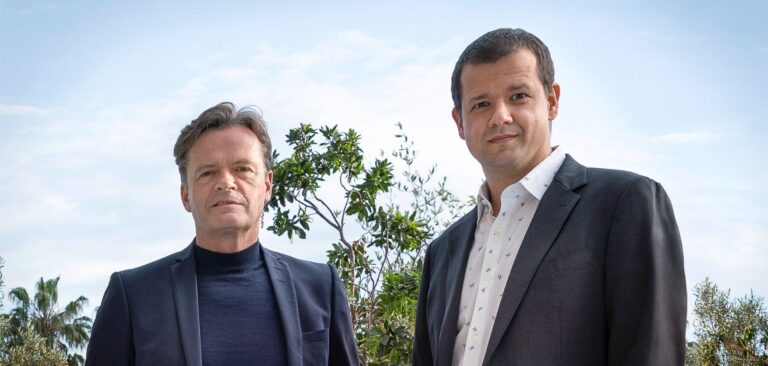Mercedes-Benz has signed an agreement to work with next-gen battery materials company Sila. The partnership will see the OEM incorporate Sila’s silicon anode battery chemistry in future powertrains. This cell chemistry will be first available in the upcoming electric G-Class SUV.
Sila’s high-silicon anode material will be used to increase the energy density of Mercedes’s batteries without compromising performance. The German auto maker expects Sila’s technology to enable a 20-40% increase in energy density, compared to the currently available cells with a comparable format, reaching more than 800Wh/l at cell level.
“Sila has come a long way since we established a strategic partnership in 2019,” Markus Schäfer, member of the board of management at Mercedes-Benz Group, CTO, responsible for development and procurement. “They have been proving their ability to not only deliver scientific innovation at the highest level, but also their ability to manufacture high quality material.
“Delivering such a high energy density is a true game changer and allows us to think in completely new directions when developing future electric cars. Our partnership with Sila is another essential step on our way to build the most desirable electric luxury cars.”
The advanced silicon anode materials will be manufactured using 100% renewable energy in Sila’s new Washington state facility. Both companies are targeting mid-decade for a range-extended-version of the electric G-Class to be equipped with the new battery technology.
Gene Berdichevsky, co-founder and CEO, Sila, said, “To realize the potential of next-gen materials, scale up is a pivotal part of execution and we’ve been building towards automotive quality standards and scale since our start. With our new plant in Washington, we’re ensuring we can meet the requirements of our auto partners like Mercedes-Benz.”


